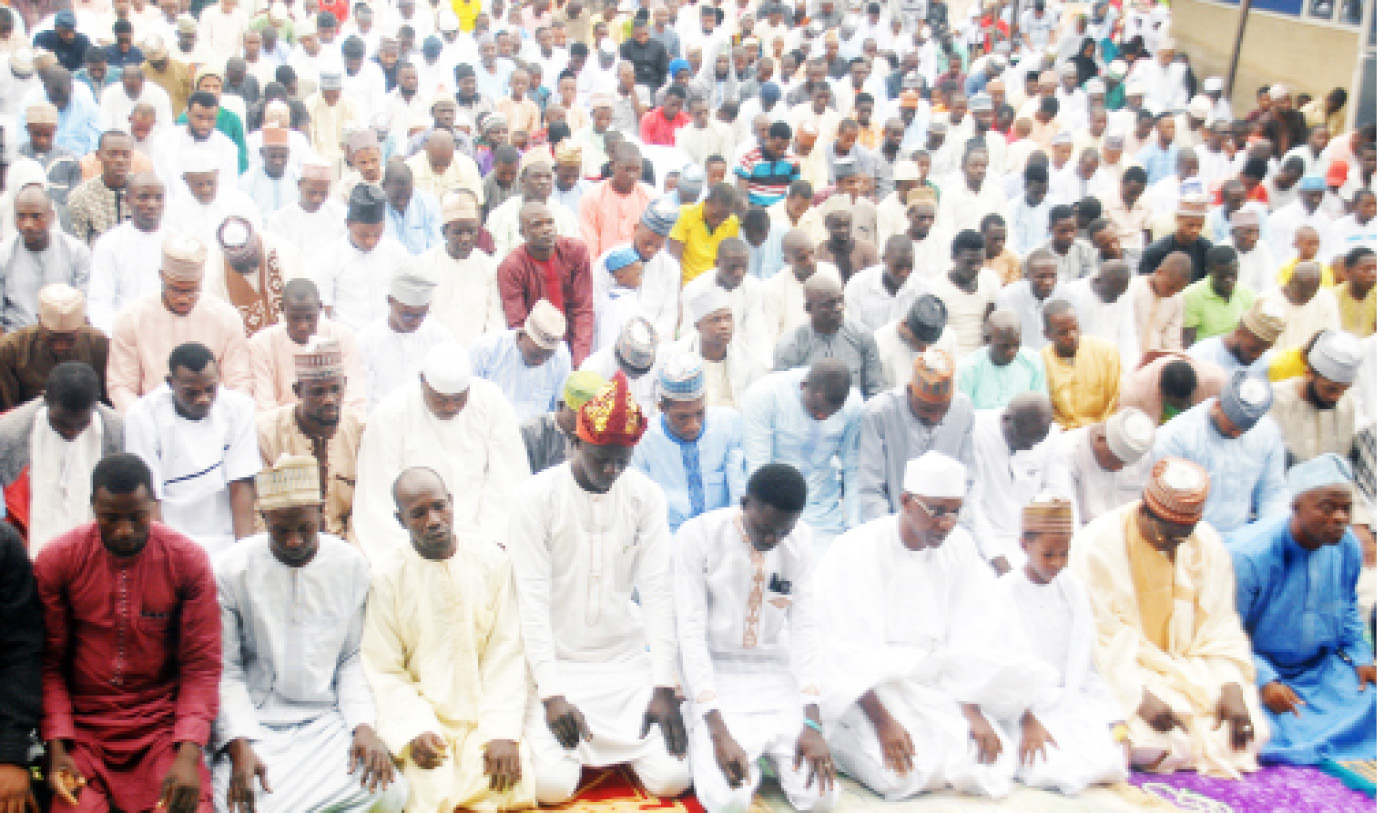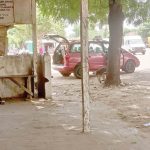Osun State Government has cancelled Sallah Eid prayers in the state as Muslims gear up for the annuall Eid-el-Kabir festival.
The Secretary to the State Government (SSG), Prince Wole Oyebamiji, confirmed that there would be no Eid prayers during this year’s Eid-el-Kabir because of the coronavirus pandemic.
- Eid-el-Kabir: Nigeria declares Thursday, Friday public holidays
- Eid-el-Kabir: Zamfara Govt distributes over 5,000 rams, 993 cows
Muslims will celebrate Eid-el-Kabir festival on 31 July, 2020.
But he said, having appraised how the state is currently faring with respect to the global health emergency vis-a-vis the fact that Eid-el-Kabir and Juma’at are on the same day, the state government had resolved that there would be no Eid prayers.
The SSG said Juma’at prayers would hold in line with the existing safety protocols and guidelines.
He noted that the State was still recording rising figures of confirmed COVID-19 cases amidst an active community transmission stage of the pandemic.
Oyebamiji expressed concerns that people, whose COVID-19 status had not been ascertained, would be travelling into the State from different parts of the country in the spirit of the celebration.
He said Osun State could not afford the impact of any form of large gathering such as the kind expected at praying grounds and the associated difficulties of enforcing the safety protocols against COVID-19.
“Our health managers are also worried by the recent surge in active cases, and have warned that the State could experience galloping figures due to continued disobedience of safety protocols if it allows any kind of specially high density gatherings or congregation.
“The State Government does not want its citizens exposed to this dangerous infection, especially among the aged and those with underlying health conditions.
“The State Government of Osun is not relenting in its fight to curtail the spread of the coronavirus, and to rid the State of it.
“The government is, and will continue to take necessary actions towards ensuring the safety and security of its people.”

 Join Daily Trust WhatsApp Community For Quick Access To News and Happenings Around You.
Join Daily Trust WhatsApp Community For Quick Access To News and Happenings Around You.


